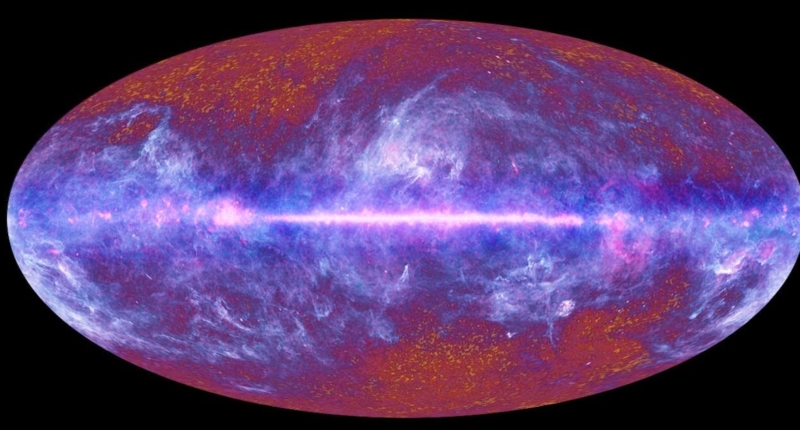The multiverse theory, which suggests that our universe is just one of many, has gained significant attention and interest among researchers and the public alike. While the idea of a multiverse is not entirely fictional, it is difficult to test experimentally. However, some scientists believe that hypothesizing the existence of something unobservable is not inherently unscientific. The concept of the multiverse theory is consistent with the theories of quantum mechanics, string theory, and cosmic inflation. The idea that there could be other parts of the cosmos with different physical laws, processes, and histories is hard to ignore. Although there is currently no observational support for the multiverse theory, Andrew Pontzen remains optimistic that we may one day observe signs of a collision with another universe in the cosmic microwave background. The debate surrounding the scientific basis of the multiverse theory continues.
The Multiverse Theory – A Concept in Science or Fiction?
The concept of the multiverse theory has gained a lot of interest, especially after the release of the movie “Everything Everywhere All At Once”. The movie is about Evelyn Wang, who travels through parallel universes to prevent the destruction of the multiverse. But is the multiverse theory just a concept in science fiction or does it have any scientific basis? This is the topic of the third episode of the podcast, Great Mysteries of Physics.
The multiverse idea has been an inspiration for science fiction writers for a long time. However, the idea of a multiverse is not entirely fictional. The concept of the multiverse theory is consistent with the theories of quantum mechanics, string theory, and cosmic inflation. The theory suggests that our universe is just one of many and there could be other parts of the cosmos with different physical laws, processes, and histories.
According to Katie Mack, a Hawking chair in cosmology and science communication at the Perimeter Institute for Theoretical Physics in Canada, the idea of a multiverse is well-accepted in cosmology. One way to think of a multiverse is to assume that the universe is much larger than our observable universe, and there could be other regions of the universe with different occurrences beyond our horizon.
For Andrew Pontzen, a professor of cosmology at University College London in the UK, quantum mechanics is the best reason to believe in the multiverse. Quantum mechanics suggests that particles can be in a mix of different possible states, which is known as a “superposition”. But when we measure them, the superposition breaks, and each particle randomly “picks” one state.
While the concept of a multiverse theory is fascinating, it is difficult to test it experimentally. However, the idea of a multiverse has gained significant attention and interest among researchers and the public alike. It is still unclear whether the multiverse theory is just a concept in science fiction or has any scientific basis.
Exploring the Multiverse Theory
The concept of the multiverse theory is one that has sparked interest and debate among scientists and the public alike. Andrew Pontzen, a professor of cosmology at University College London in the UK, suggests that our reality is just one facet of a much more complicated multiverse, where pretty much anything that can happen does happen. This concept has been difficult to test experimentally, leading many to argue that the multiverse theory is not a scientific theory.
While there is currently no observational support for the multiverse theory, some scientists believe that hypothesizing the existence of something unobservable is not inherently unscientific. The wave function in quantum mechanics is an unobservable phenomenon, yet it is a basic part of the science. Katie Mack, a Hawking chair in cosmology and science communication at the Perimeter Institute for Theoretical Physics in Canada, argues that just because we may never directly observe the multiverse, it does not mean it is unscientific.
Pontzen remains optimistic that we may one day observe signs of a collision with another universe in the cosmic microwave background. He is also working on a laboratory experiment to better understand how a baby universe could physically be born from a multiverse.
While the multiverse theory remains a fascinating concept, the debate surrounding its scientific basis continues.
Don’t miss interesting posts on Famousbio
